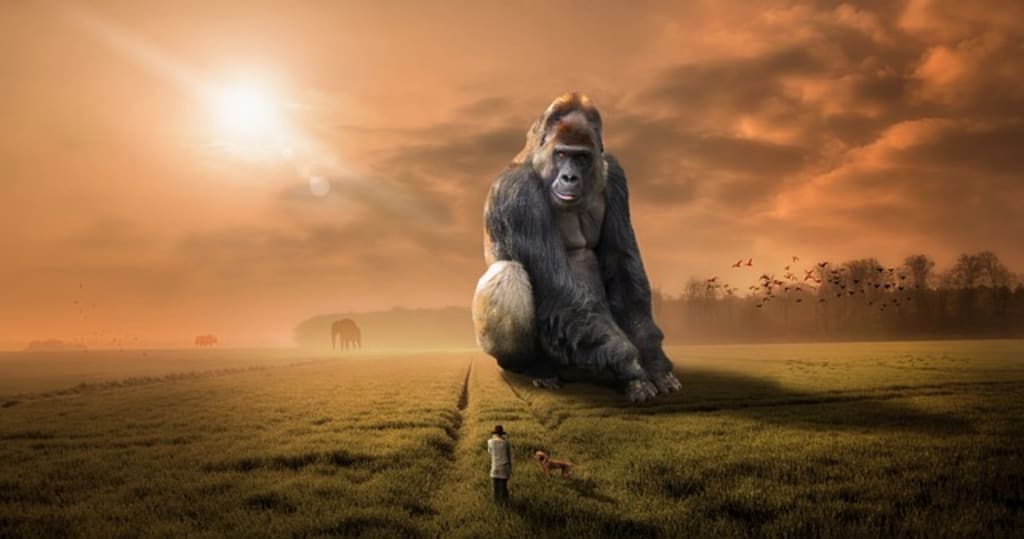Origin of human being
Historical thoughts

The origin of human beings is a subject that has fascinated scientists, philosophers, and historians for centuries. While there is no definitive answer to the question of how humans first came to be, there are a few theories that have gained widespread acceptance among scholars. In this article, we will explore some of the leading hypotheses about the origin of human beings.
One of the most widely accepted theories about the origin of humans is the theory of evolution. This theory proposes that human beings evolved from apes over millions of years. According to this theory, our ancestors were originally small, tree-dwelling primates that eventually evolved into bipedal creatures capable of walking on two legs. Over time, these early humans developed larger brains and greater intelligence, allowing them to create tools, develop language, and form complex societies.
Another popular theory about the origin of human beings is the idea of creationism. This theory holds that humans were created by a divine being, such as God or another higher power. According to creationism, humans did not evolve from other species, but were instead created fully formed and imbued with a soul.
While the theory of evolution has gained widespread acceptance among scientists, there are still many people who adhere to the idea of creationism. Some argue that the complexity and beauty of the natural world are evidence of a divine creator, while others cite religious texts as evidence of the truth of creationism.
A third theory about the origin of human beings is the idea of panspermia. According to this theory, life on Earth originated from microorganisms that were brought here by comets or other celestial bodies. The idea of panspermia suggests that life may exist elsewhere in the universe and that humans are just one example of the many possible forms that life can take.
Regardless of which theory one subscribes to, it is clear that the origins of human beings are still shrouded in mystery. While we have learned much about the natural world and the origins of life over the past few centuries, there is still much that we do not know about how humans first came to be.
One of the earliest clues to the origins of human beings can be found in the fossil record. Fossils are the remains of ancient organisms that have been preserved in rock, and they provide us with important information about the animals that lived on Earth millions of years ago. By studying the fossils of early humans and other primates, scientists have been able to piece together a picture of how our ancestors may have looked and behaved.
One of the most important fossil discoveries in the study of human origins was made in the late 1800s by a scientist named Charles Darwin. Darwin's theory of evolution proposed that all living things, including humans, had evolved over time through a process of natural selection. According to Darwin, organisms that were better adapted to their environment were more likely to survive and reproduce, passing on their advantageous traits to their offspring.
Over the past few decades, scientists have made numerous discoveries that have shed light on the evolution of humans. For example, fossils of early hominids like Australopithecus and Homo erectus have revealed that our ancestors were already walking on two legs more than three million years ago. Other fossils have shown that early humans had much larger brains than their primate ancestors, suggesting that intelligence played a key role in our evolution.
In addition to studying the fossil record, scientists have also used genetic analysis to trace the origins of human beings. By examining the DNA of modern humans and comparing it to the DNA of other species, scientists have been able to construct a genetic family tree that shows how humans are related to other primates.
One interesting finding from genetic research is that humans are more closely related to chimpanzees than to any other primate species. This suggests that our common ancestor with chimpanzees lived





Comments
There are no comments for this story
Be the first to respond and start the conversation.